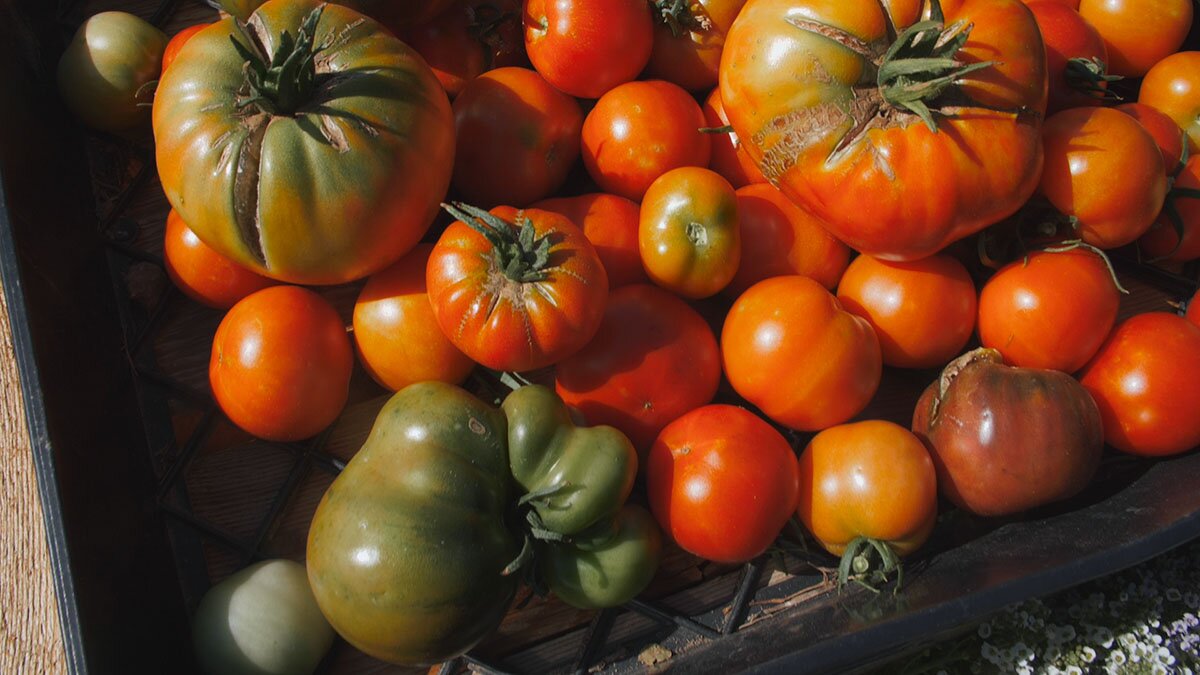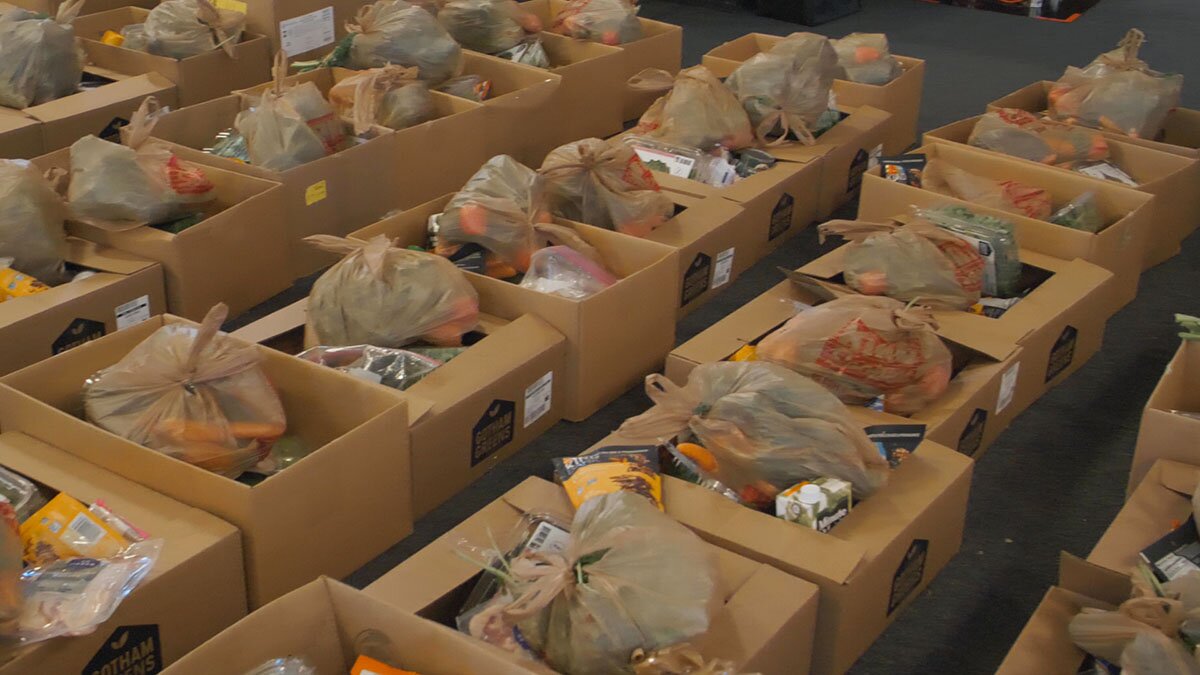New farming program provides jobs and training for immigrants and refugees

Just west of the Stanley Marketplace in Northwest Aurora, you’ll find a small plot of land lush and overflowing with greenery. Look closer and you’ll see potatoes, eggplant, kale, squash, tomatoes, sunflowers, peppers, and so much more. Welcome to the Village Farms at Stanley.
Alexander Rios, one of the farmers at the Village Farms, points to a garden bed.
“On this bed we are growing green peppers,” says Rios. “Normally these are the peppers that we find at a restaurant, but the difference is that these peppers have our heart and our care in it, and they are 100 percent organic.”
You can feel Rios’ passion spill out of him with every word he speaks. He sees the plants at this small farm as his children. He came to Aurora from Venezuela about 10 months ago and had no prior farming experience. He heard about the Village Farms at Stanley project through another organization and was eager to jump in. Rios wanted to work outside with his hands instead of being inside an office all day.
The Village Farms at Stanley are run by the Village Exchange Center, located just a mile away.
“The Village Exchange Center is a non-profit that serves as an immigrant and refugee center,” says Sam Deboskey, program coordinator for The Village Farms at Stanley. In addition to being a safe space for immigrants, the center aims to create an inclusive environment where residents from all backgrounds interact, share, and grow together.

The Village Exchange Center put their mission into action through their Village Farms project, which they launched in March on a donated acre of land from The Stanley Marketplace. Launching during the height of COVID-19 allowed them to hire 10 immigrants and refugees who had lost work due to the pandemic.
“We gave ten people admission to the program, which is an ‘Earn as you Learn’ program, so that they could make money while they learned how to farm and build farm beds and composting and distribution,” Village Exchange Center Executive Director Amanda Blaurock said. Most of the program participants have gone on to find full-time jobs.
The food itself also helps to perpetuate The Village Exchange Center’s mission, as it cycles back to the community.

“The majority of what we’re growing is going to the Village Exchange Center’s food pantry,” says Deboskey, “so again, food access and really using the resources we have to focus on food equity.”
The Village Farms have produced at least 200 bundles of food that have been donated to the food pantry, with many more coming as harvest season ramps up.
To Deboskey and Rios and so many others, The Village Farms program is much more than just a farm: “This is a chance for us to really look at who we are as a community, and find out ways we can do better.”